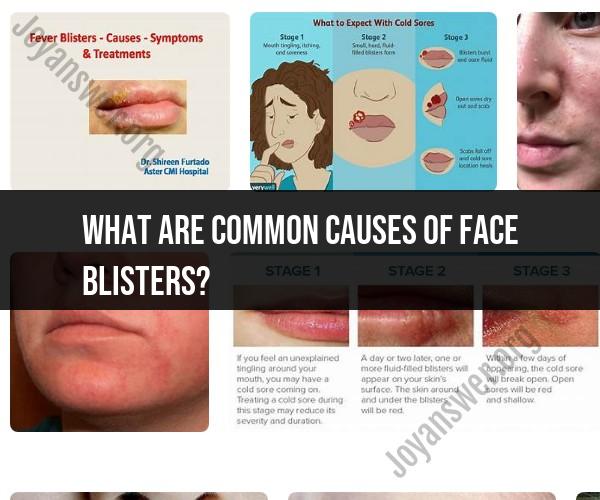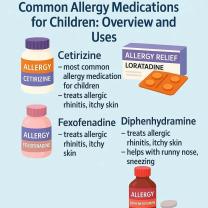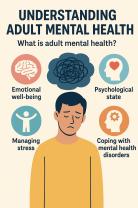What are common causes of face blisters?
Face blisters, also known as facial blisters, can be caused by various factors, including skin conditions, infections, allergies, and external irritants. Here are some common causes of face blisters:
Herpes Simplex Virus (HSV):
- Cold Sores: HSV-1 is a common cause of cold sores or fever blisters. These are fluid-filled blisters that typically occur around the lips and sometimes on the face.
Impetigo:
- A bacterial skin infection caused by Staphylococcus aureus or Streptococcus pyogenes that can lead to the formation of yellowish blisters or sores on the face, particularly in children.
Contact Dermatitis:
- Allergic Contact Dermatitis: Exposure to allergens, such as certain cosmetics, skincare products, or fragrances, can trigger an allergic reaction, leading to blisters, redness, and itching on the face.
- Irritant Contact Dermatitis: Direct contact with irritating substances, like harsh chemicals or certain skincare ingredients, can cause skin irritation and blistering.
Autoimmune Skin Disorders:
- Conditions like pemphigus and bullous pemphigoid are autoimmune disorders that cause blistering of the skin, including the face.
Chickenpox (Varicella-Zoster Virus):
- Chickenpox is a viral infection that causes an itchy rash with fluid-filled blisters all over the body, including the face. It is more common in children.
Shingles (Herpes Zoster Virus):
- Shingles is caused by the reactivation of the varicella-zoster virus, which also causes chickenpox. It results in a painful rash with blisters that typically occurs in a band-like pattern on one side of the face or body.
Burns:
- Thermal burns from hot objects or liquids can cause blisters on the face.
- Chemical burns resulting from exposure to corrosive substances can also lead to blister formation.
Sunburn:
- Overexposure to the sun's ultraviolet (UV) radiation can lead to sunburn, which may result in redness, peeling, and sometimes blistering of the skin, including the face.
Friction and Trauma:
- Repeated friction or trauma to the skin, such as excessive rubbing or abrasive contact, can cause blisters, especially in areas prone to friction, such as the cheeks or chin.
Insect Bites and Stings:
- Bites or stings from insects like mosquitoes, bees, wasps, or ants can lead to localized allergic reactions and the formation of blisters on the face.
Drug Reactions:
- Certain medications can cause adverse skin reactions, including blistering, as a side effect.
Eczema (Dermatitis):
- Eczema can cause skin inflammation and blistering, particularly in individuals with atopic dermatitis.
It's important to note that the appropriate treatment for face blisters depends on their underlying cause. Some blisters may resolve on their own, while others may require medical attention and specific treatments, such as antiviral medications for herpes infections, antibiotics for bacterial infections, or corticosteroids for skin inflammation. If you develop face blisters or have concerns about your skin condition, it's advisable to consult a healthcare professional or dermatologist for a proper diagnosis and treatment plan.
Common Causes of Blisters on the Face
Here are some common causes of blisters on the face:
- Allergies: Allergic reactions to cosmetics, skincare products, jewelry, or other substances can cause blisters on the face.
- Infections: Bacterial, viral, and fungal infections can also cause blisters on the face. Some common examples include chickenpox, cold sores, and impetigo.
- Burns: Thermal burns from hot liquids, steam, or fire can cause blisters on the face. Sunburns can also cause blisters, especially on the nose, ears, and lips.
- Friction: Blisters can form on the face due to friction from clothing, glasses, or other objects.
- Medical conditions: Some medical conditions, such as pemphigus vulgaris and bullous pemphigoid, can also cause blisters on the face.
Facial Blisters: Identifying Triggers and Irritants
If you have blisters on your face, it is important to identify the trigger or irritant so that you can avoid it in the future. Here are some tips:
- Keep a diary of your symptoms. This includes tracking when the blisters first appeared, what you were doing at the time, and any other relevant information.
- Pay attention to your activities and environment. This may help you to identify any triggers or irritants.
- Try to identify any new products or substances that you have been using. These may be causing an allergic reaction.
- If you are unsure of the cause of your blisters, see a doctor. They can help you to identify the trigger or irritant and recommend the best treatment plan.
Managing and Preventing Face Blisters
Here are some tips for managing and preventing face blisters:
- Keep the area around the blisters clean and dry. Wash the area with mild soap and water several times a day.
- Apply a loose bandage to the blisters. This will help to protect the blisters from dirt and infection.
- Avoid touching the blisters with your hands. This can spread bacteria and lead to infection.
- If the blisters are large or painful, see a doctor. They may prescribe antibiotics or other medications to help heal the blisters.
To prevent face blisters, it is important to avoid triggers and irritants. For example, if you are allergic to a certain cosmetic product, avoid using it. If you are prone to sunburns, wear sunscreen and protective clothing when you are outdoors.
If you have any questions or concerns about blisters on your face, please see a doctor.













